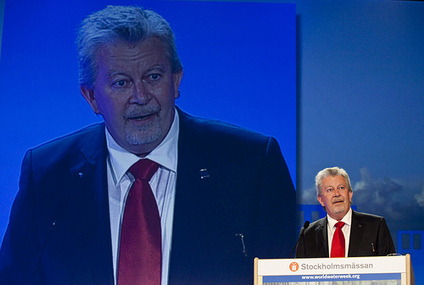There are pros and cons to magic charisma
Identifying people—and leaders—as charismatic can emerge from the psychology of their followers. This process in human cognition has interesting pros and cons when we consider how we attribute certain leaders to be charismatic through “magical thinking.”
The idea is that some people, managers, become recognized as charismatic and visionary, while some don’t. The classic Steve Jobs examples serves us well here: his mystique as a charismatic visionary was earned in part by his informal, casual pitches of new Apple products. But would his followers be less wowed if they knew he spent ten hours practicing every ten-minute pitch?
Research on the subject tests for mystique in business: success in forecasting future trends, performing well in the absence of typical experience or skill, and (seemingly!) little reliance on administrative skill. Executives who show success in these areas are considered visionary, and more creative, curious, and charismatic than a hard-working executive.
Now, here’s the con: the research results suggest that charisma is sometimes an illusion. While some charismatic visionaries are just that, other managers gain the mystique of charisma by veiling how they accomplish what they do. Professor Morris, who leads Columbia Business School’s Program on Social Intelligence, elaborates, “Winning in business and political endeavors comes not only from performing well, but also from managing the interpretations that others make of your performance.” These kinds of practices limit the transfer of skills from a leader to others, which is critical in leadership and successorship.
Authenticity wins again. If you want to be considered magically charismatic, don’t rely on magic at all—actually be creative, curious, and perform well. In business and in life.

